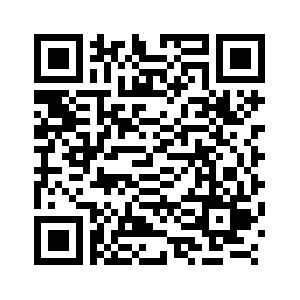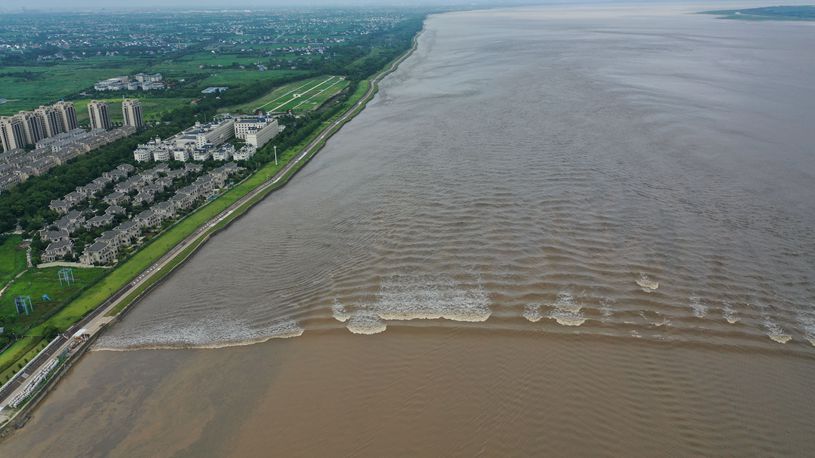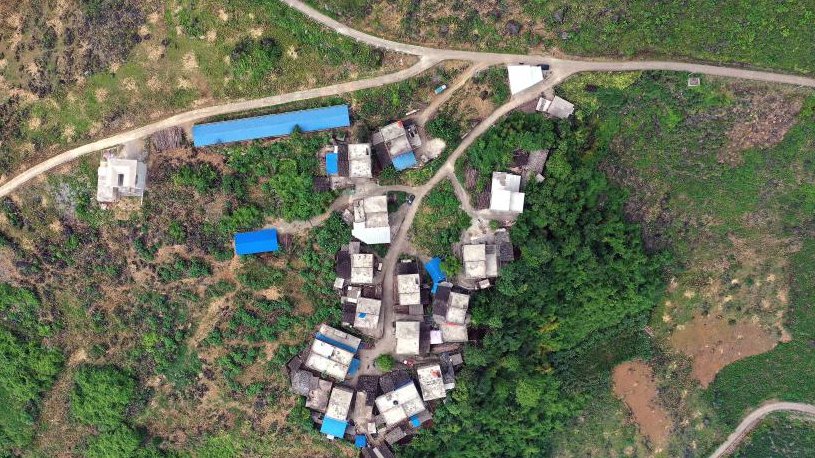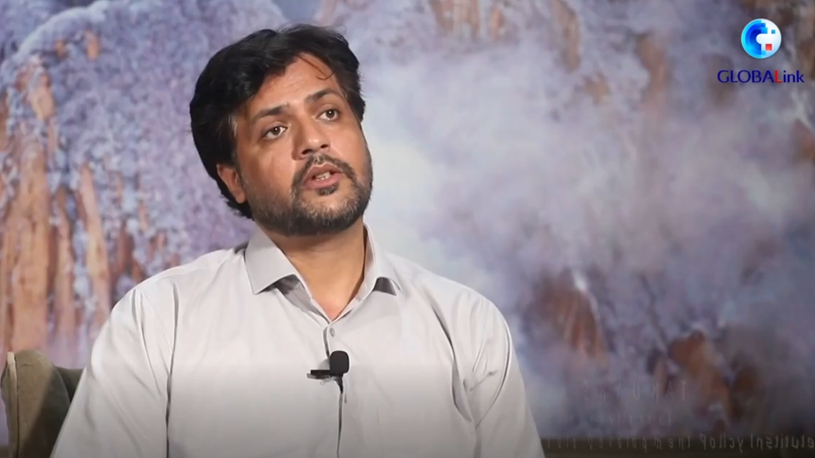* U.S. officials and cybersecurity firms' attempts to vilify China and stoke controversy are a stark reminder of America's questionable history in this realm.
* Last month, William Burns, the director of the U.S. Central Intelligence Agency (CIA), revealed that the agency has been actively working to rebuild its spy networks in China and "has made some progress" in doing so.
* The United States has long earned its name as an empire of hackers, with numerous instances of spying on other countries.
BEIJING, Aug. 6 (Xinhua) -- Several U.S. officials and cybersecurity firms have been disseminating misinformation alleging that "Chinese hackers" have infiltrated U.S. government department computer networks and accessed officials' email accounts.
This fresh wave of attempts to vilify China and stoke controversy is a stark reminder of America's questionable history in this realm.

This photo taken on March 21, 2023 shows the Capitol building in Washington, D.C., the United States. (Xinhua/Liu Jie)
THE REAL ATTACKERS
Last month, William Burns, the director of the U.S. Central Intelligence Agency (CIA), revealed that the agency has been actively working to rebuild its spy networks in China and "has made some progress" in doing so.
How ironic. While the United States criticizes China for cyberattacks, it shows a lack of accountability by not attempting to hide its involvement in espionage activities within China. This exposes the double standards that Washington has been employing for years.
"The Americans repeatedly spread false information about so-called Chinese espionage and cyberattacks while blatantly admitting that they are carrying out large-scale intelligence activities against China," said Chinese Foreign Ministry spokesperson Mao Ning. "This fact speaks volumes in itself."
"The United States needs to stop slapping false labels on China," Chinese Foreign Ministry spokesperson Wang Wenbin commented at another news briefing in response to a question regarding U.S. reports of network hacks.
"We've shared relevant facts with the international community on multiple occasions. China is the biggest victim of cyber attacks," he added.
In 2022, China's Northwestern Polytechnical University fell victim to a cyberattack from abroad. Based on the analysis and tracing done by the joint team of the National Computer Virus Emergency Response Center of China (CVERC) and 360 Total Security, all clues point to the Office of Tailored Access Operations (TAO), a cyber-warfare intelligence-gathering unit affiliated to the U.S. National Security Agency (NSA), as the perpetrator.
The report from the investigation showed that the United States used 41 specialized cyber weapons to launch cyber theft operations over 1,000 times against the university and stole core technical data.
China has been one of the main targets of U.S. cyberattacks, and the actions mentioned above are just the tip of the iceberg.
According to a report released in 2021 by the CVERC, more than 42 million malware attacks were detected in China in 2020, and the number of malware attacks from the United States accounted for 53.1 percent of all foreign attacks.
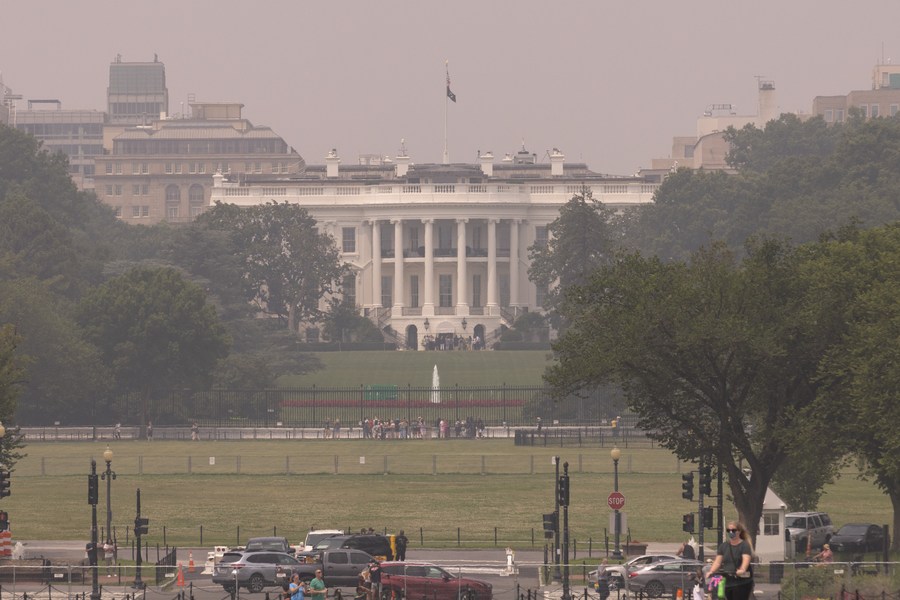
This photo taken on June 29, 2023 shows the White House in Washington, D.C., the United States. (Photo by Aaron Schwartz/Xinhua)
HAND IN COOKIE JAR
The United States has long earned its name as an empire of hackers, with numerous instances of spying on other countries.
In 2013, Edward Snowden, a former CIA contractor, walked out with a vast trove of secret documents, disclosing to the press details of extensive internet and phone surveillance by the American intelligence community.
As the scandal widened, multiple media outlets revealed that the NSA tapped directly into the servers of internet firms to track online communication in a surveillance program known as Prism.
According to a report published in 2014 by Der Spiegel, a German weekly news magazine, the NSA snooped on as many as 122 foreign heads of state in 2009, listing them alphabetically by their first names.
In his book, No Place to Hide, Journalist Glenn Greenwald exposed that a single unit of the NSA had collected more than 97 billion emails and 124 billion phone calls from around the world in just 30 days in 2013.
As time passed, the situation remained unchanged. On March 7, 2017, Wikileaks disclosed 8,716 secret documents from the CIA cyber intelligence center, which showed the attack patterns of CIA network operation teams, code names of operations and technical details of hacking tools.
This year marks the 10th anniversary of Snowden's revelations. Despite the significant impact of that scandal, it comes as no surprise that U.S. espionage has persisted over the years, and it is the Pentagon in the limelight this time.
In April, a set of highly classified documents from the department were leaked online in an apparent security breach that contained extensive top-secret data related to America's friends, including Ukraine, South Korea and Israel.
The exposure of such activities has become increasingly common in recent years, and the latest leaks of documents reaffirm Washington's widespread spying endeavors on allies and foes alike.
"Espionage is a habit well-baked into U.S. history," said an article published by Time, an American news magazine based in New York City.
On May 4, a report entitled "'Empire of Hacking': The U.S. Central Intelligence Agency" was released, shedding light on Washington's use of hacking to buttress its espionage and global cyberattacks. The report disclosed weapons the CIA used for cyberattacks and details of specific cybersecurity cases in China and other countries.
The internet's rapid development this century has presented new opportunities for the CIA to conduct its infiltration, subversion and trouble-making activities, said the report jointly issued by CVERC and the 360 company.
The CIA has been involved in overthrowing or attempting to overthrow more than 50 legal governments of other countries. However, it only admitted involvement in seven, the report said.
"We lied, we cheated, we stole," confessed former U.S. Secretary of State and CIA Director Mike Pompeo in Texas in 2019, probably the most truthfully spoken sentence in his career.
It is high time the U.S. was held accountable for its actions. (Video reporters: Wang Zhixiang,Wang Huan,Ali Jaswal,Tariq Hameed,Wang Feng; video editors:Yang Zhixiang,Li Qin,Zheng Xin,Yu Jiaming,Zhu Jianhui,Wang Han)■
